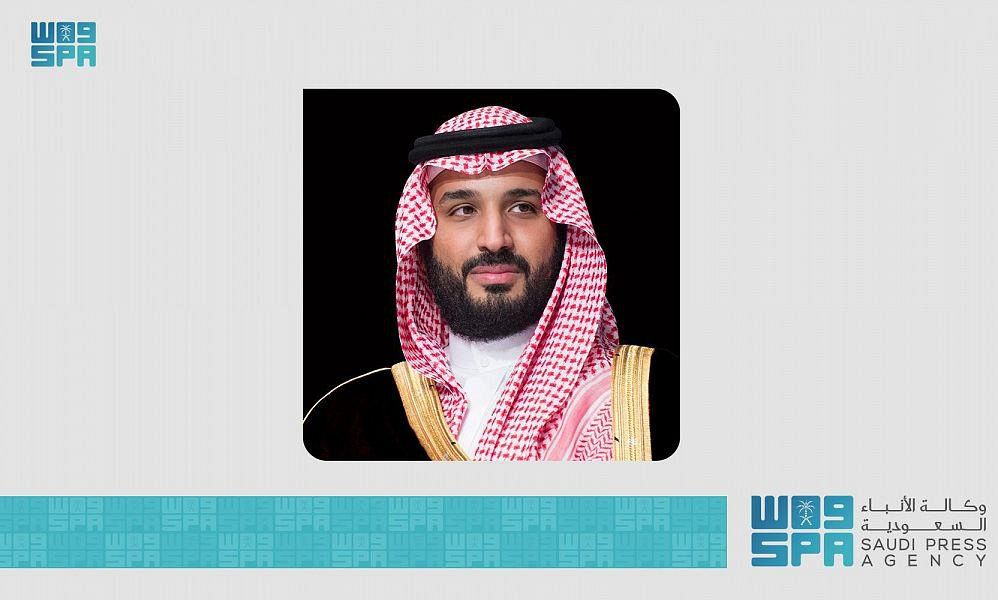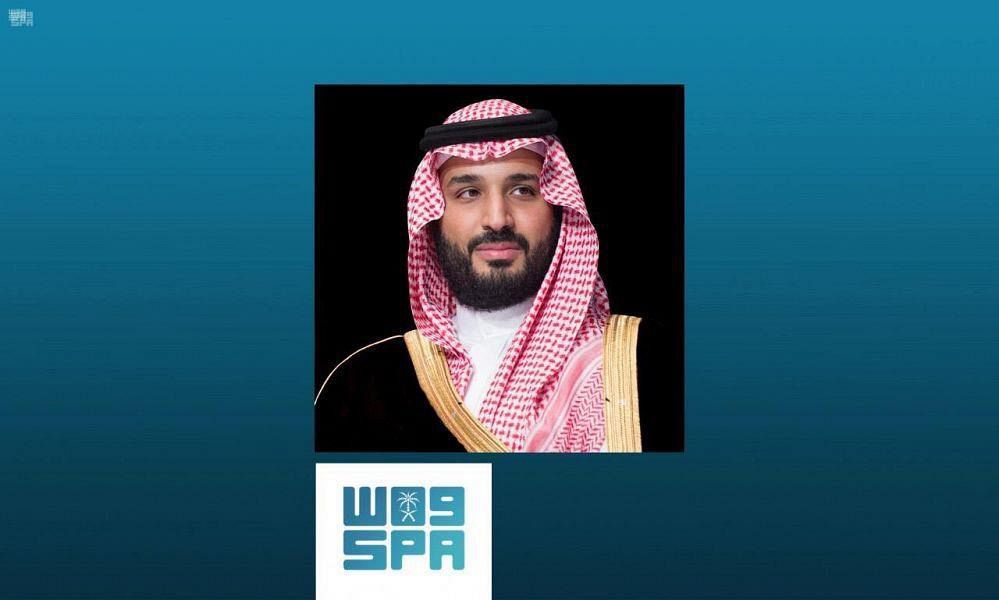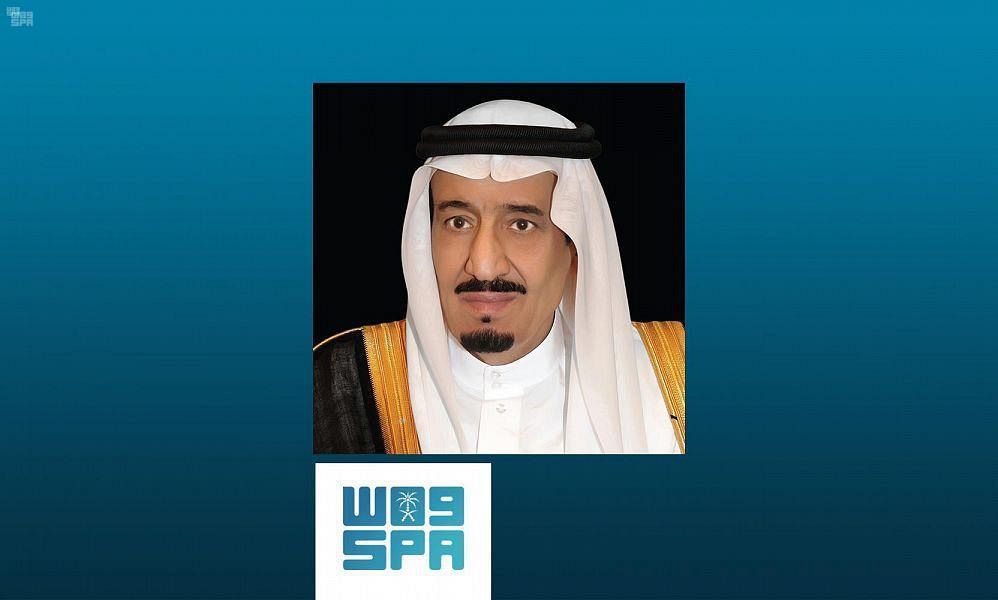
Few outside Iraq knew the name Haider al-Abadi in 2014 when he was plucked from relative obscurity to lead a nation in chaos, Reuters said in its investigation from Baghdad on Monday.
A compromise candidate floated after his predecessor Nuri al-Maliki was sidelined in a power struggle, Abadi became prime minister in September that year, two months after ISIS ran rampant across Iraq.
Four years on, Abadi has defied the expectations of an army of skeptics, according to Reuters, which added that he has declared victory over ISIS, diffused sectarian tensions fanned by Maliki, thawed frosty relations with Sunni Arab neighbors and maintained Iraq’s fragile unity in the face of an ill-fated Kurdish bid for independence.
It added that Abadi has also balanced the competing and colliding interests of his two main backers, Iran and the United States.
Notably, Abadi is a former electrical engineer, who was once in charge of servicing BBC elevators during years of voluntary exile in the United Kingdom, and he is banking on his achievements in office to win a second term at May 12 elections.
However, victory is far from certain, added Reuters.
Like all Iraqi prime ministers since Saddam Hussein’s fall in 2003, Abadi, 66, belongs to the country’s Shi’ite Arab majority. But this year the Shi’ite vote, typically enough to produce a clear victor who can claim the right to form a governing coalition, is split.
Besides Maliki, who appeals to Shiites wary of power-sharing with minority Sunnis and Kurds, Abadi is also up against Hadi al-Amiri, who helped in defeating ISIS.
Knowing he cannot rely on Shiite votes alone, Abadi is looking to draw upon a wider voter base, said Reuters. He has been campaigning throughout Iraq with his cross-sectarian “Victory Alliance” list, the only one to run in each of Iraq’s 18 provinces.
Badr al-Fahl, a Sunni lawmaker from Salahuddin province seeking his fourth term in parliament, said he chose to run on Abadi’s list because it was cross-sectarian and inclusive.
“This is the first list since 2003 to run in all 18 provinces with Sunni, Shiite, Kurdish, Christian and Yazidi candidates,” Fahl told Reuters at the Victory Alliance headquarters in Tikrit.
“Abadi does not use sectarian rhetoric and wants to build the country. The next phase is all about reconstruction and building.”
He said Abadi had given political allies in Sunni provinces complete freedom over selecting the candidates on his list. In Salahuddin, for example, the Victory list is all Sunni.
Reuters also pointed out that Abadi went on a rare tour of Kurdish provinces in April although few rate his chances highly of recruiting Kurds, who are still seething over his crackdown on the semi-autonomous region after September’s independence referendum.
Many of Iraq’s Sunni Arabs also feel lingering resentment towards the Shiite-led government following the war and devastation that mostly hit their areas with the advent of ISIS.
So, while many prefer Abadi to other Shiite politicians because he has signaled a move away from sectarianism, yet that may not necessarily translate into votes for his candidates.
Abadi also faces criticism about persistent corruption, tough economic conditions exacerbated by fighting and the austerity measures his cabinet introduced as well as his pro-business stance in a country, where most people are state employees and distrust the private sector, as Reuters noted.












